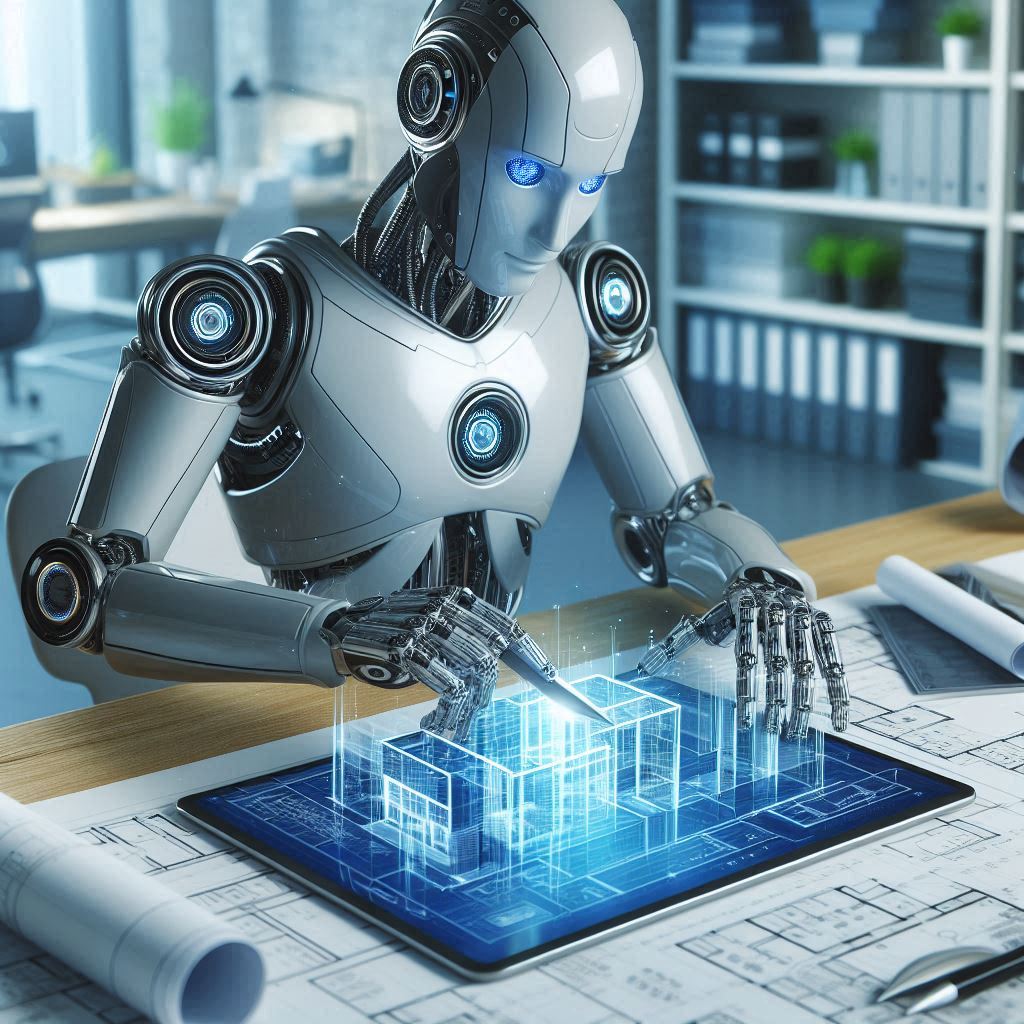In recent years, technology has revolutionized the management and ownership of commercial properties, bringing about significant improvements in efficiency, sustainability, and tenant satisfaction. From advanced hardware to sophisticated software solutions, the commercial real estate (CRE) industry is embracing innovation at an unprecedented pace. Let’s explore some of the key technologies currently in use and what experts predict for the near future.
Building Management Systems
Building Management Systems (BMS) have become the backbone of modern commercial property management. Leading providers like Honeywell and Siemens offer integrated solutions that encompass various building systems such as HVAC, lighting, and security. These systems enable property managers to monitor and control building operations from a centralized platform, improving energy efficiency and reducing operational costs. Additionally, smart sensors and IoT devices from companies like Bosch and Schneider Electric provide real-time data on building conditions. These sensors can detect temperature, humidity, occupancy, and even equipment malfunctions, allowing for proactive maintenance and enhanced tenant comfort. Energy management software, such as CIM’s PEAK and Johnson Controls’ Metasys, further optimizes energy consumption by analyzing usage patterns and suggesting adjustments to reduce waste and lower utility bills.
Enhancing the tenant experience
Tenant experience apps are another significant technological advancement in the CRE industry. Apps like HqO, Equiem, and Building Engines are transforming tenant engagement by offering features such as room booking, maintenance requests, and community events. These apps enhance communication between property managers and tenants, leading to higher satisfaction and retention rates. For example, HqO provides a comprehensive platform for tenant engagement, while Equiem provides automated space and amenities bookings and self-serve event and program solutions. Building Engines offers a suite of tools for property management, including tenant communication and work order management. By providing a seamless and convenient way for tenants to interact with property management, these apps contribute to a more positive tenant experience.
What the future may hold
Looking ahead, artificial intelligence (AI), machine learning and technologies like virtual (VR) and augmented reality (AR) are expected to play an increasingly important role in commercial property management. AI-powered tools can predict maintenance needs, optimize space utilization, and even assist in lease negotiations. Augmented reality (AR) and virtual reality (VR) technologies can enhance property marketing and tenant experiences by allowing prospective tenants to take virtual tours of properties. Property managers can use AR for maintenance training and remote inspections, making it easier to manage properties from a distance.
Sustainable building technologies are another area where significant advancements are expected. The push for sustainability is driving the adoption of green technologies, such as smart windows, energy-efficient HVAC systems, and renewable energy sources. The Journal of Property Management highlights that sustainability not only benefits the environment but also attracts eco-conscious tenants and investors. As these technologies become more prevalent, they will play a crucial role in reducing the environmental impact of commercial properties and enhancing their overall appeal.
Challenges
However, the adoption of these new technologies is not without its challenges. One of the primary concerns is the significant upfront investment required for implementation. Many property owners and managers may find it difficult to justify the initial costs, even though the long-term benefits are substantial. Additionally, integrating new technologies with existing systems can be complex and time-consuming, often requiring specialized knowledge and training. There is also the issue of data security, as the increased use of digital tools and IoT devices can make properties more vulnerable to cyberattacks. Ensuring that these technologies are secure and compliant with regulations is crucial to protecting sensitive information and maintaining tenant trust.
Keeping up to date
Technology is transforming the commercial property landscape, making it more efficient, sustainable, tenant-friendly and profitable. As we look to the future, the integration of all of these technologies, and those that we can only dream of, will continue to shape the industry, offering exciting opportunities for property managers and owners alike. Staying abreast of these advancements will be crucial for those looking to remain competitive and attract tenants who increasingly expect their work environment to be on the cutting edge of this technological revolution.


Comments are closed